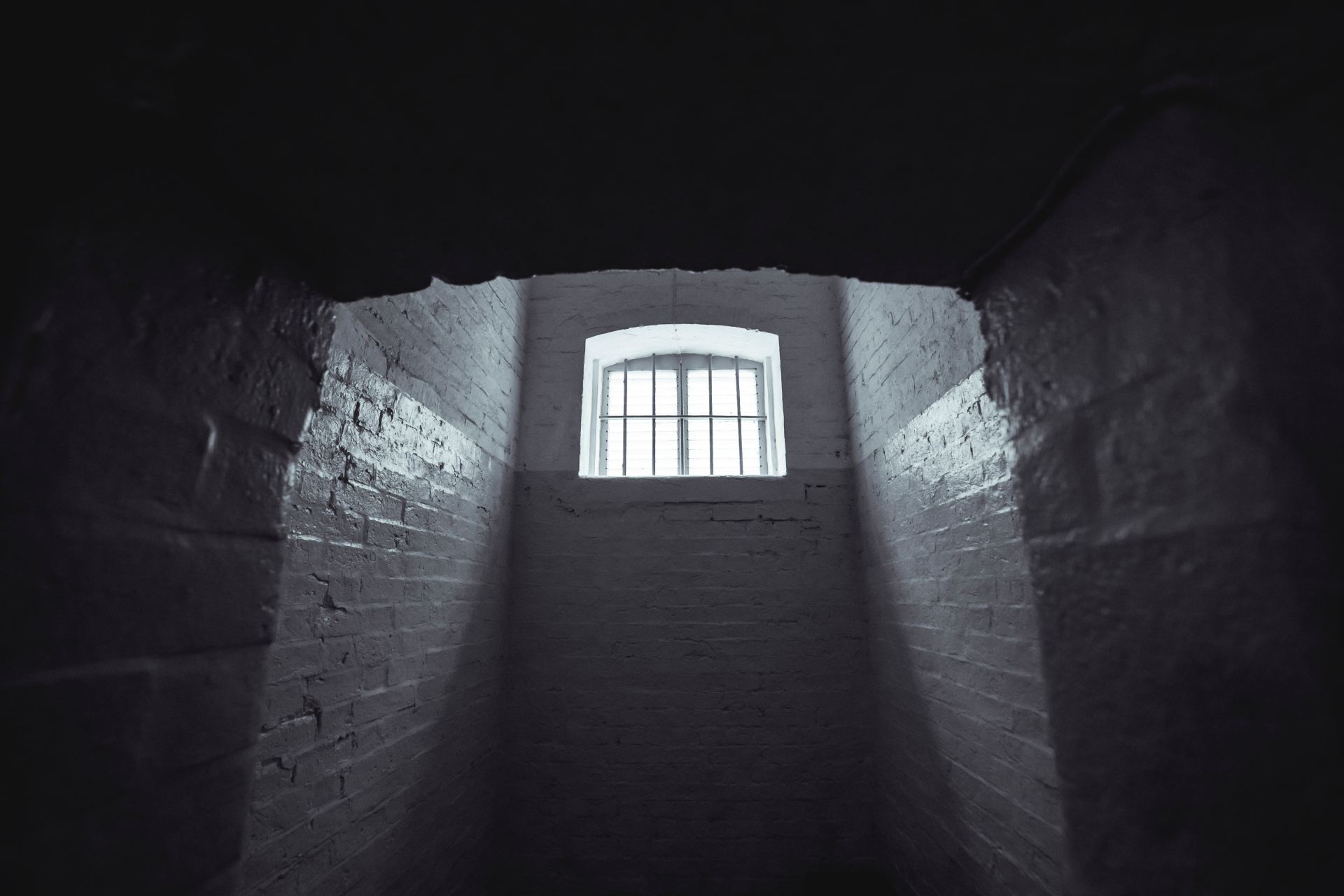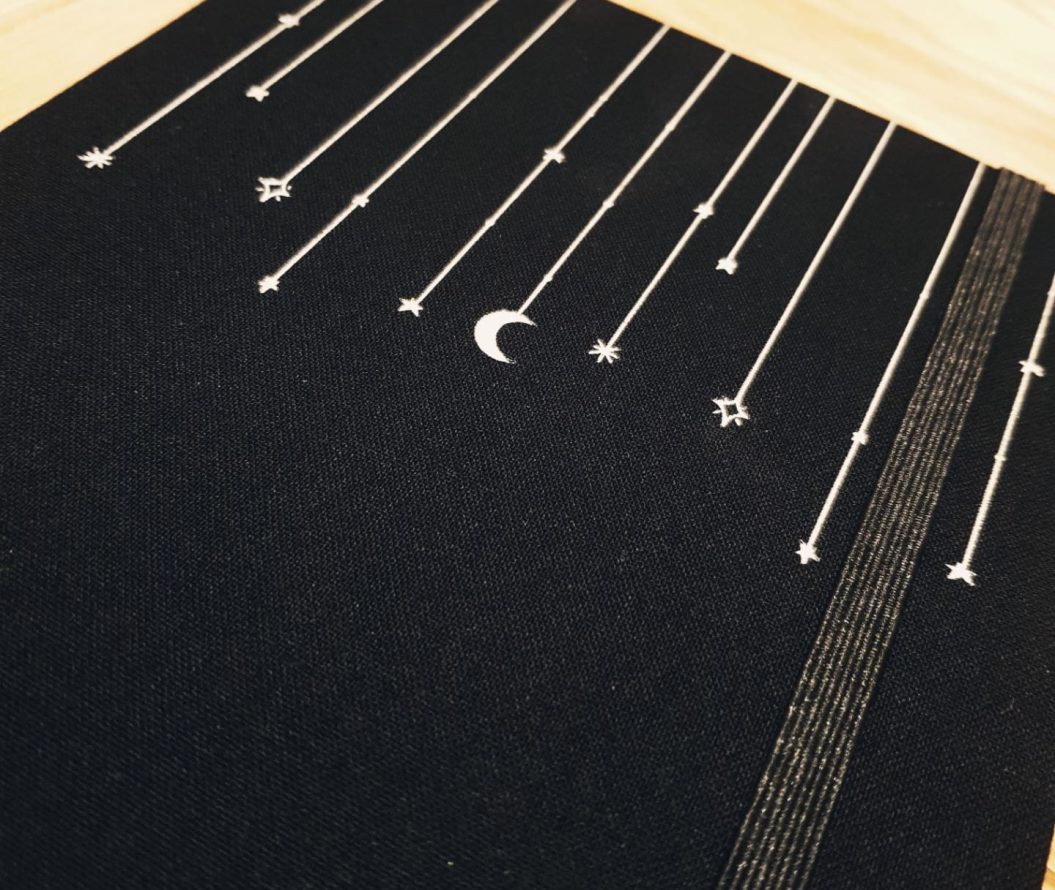Hi there! My name is Alex and I'm currently undertaking my Creative Writing PhD at the University of Lincoln. I'm a big fan of lots of streaming services, books, and am a published poet! I aspire to be a multi-genre,…

Oscar Wilde: An LGBTQ+ Icon
Someone who has undeniably gone down in history as an LGBTQ+ icon is Oscar Wilde (1854-1900). After spending the 1880s…
February 17, 2023,
read.
Someone who has undeniably gone down in history as an LGBTQ+ icon is Oscar Wilde (1854-1900). After spending the 1880s writing in varying forms, in the 1890s he became one of the most notable playwrights in London. Nowadays he is best remembered for his novel The Picture of Dorian Gray, his plays, epigrams, and his criminal conviction for “gross indecency” as a result of his consensual homosexual acts – his trial is seen as one of the first widely discussed “celebrity” trials, which then led to his imprisonment. Then shortly after, he passed away from meningitis at the age of 46.
Education and Career
As a young man, he worked to become fluent in German and French, and at university, he displayed himself well as a classicist both at Trinity College Dublin and Oxford University. He was especially associated with the philosophy of aestheticism, and after university was a great spokesperson for it within the fashionable circles of London. He went on to publish poetry, lecture in the US and Canada, work as a journalist, and write his famed novel, dialogues, essays and plays. He was also known well for his flamboyant dress sense and engaging conversation skills, making him one of the best-known personalities of late-Victorian London.

Imprisonment
However things took a turn for Wilde when he prosecuted the Marquess of Queensberry, accusing him of criminal libel. The trial ended up revealing evidence of Wilde’s “gross indecency” with men, leading to his own arrest, a number of trials, and his conviction and sentence of two years’ hard labour from 1895-1897. During his final year in prison, he wrote De Profundis, an extensive letter discussing the journey he experienced throughout his trials; it’s seen by many as a sobering, dark counterpart to his earlier philosophies. When Wilde was released from incarceration he left for France and never returned to Ireland or Britain. It was in France that Oscar Wilde wrote his final work, The Ballad of Reading Gaol (1898), a long poem detailing the harsh motions of his life in prison.

Why I admire Oscar Wilde
Something I personally admire about Wilde is how unabashed and confident he was, and how he came to develop what feels to me like a great surety of self. He knew what his passions were and let no one but himself dictate how he wanted to live, but with that came a great awareness of his limitations as a singular man. His passions lay the strongest in the broad, unending scope of aestheticism and decadence, but his intelligence always reminded him that as a mere mortal, he would never be able to match it at its greatest scale. Something he once said to his friends I think sums up this point. He stated, “I find it harder and harder every day to live up to my blue china.” This little line was quickly adopted by many aesthetes as a sort of slogan for their movement, but I think it speaks to the self of Oscar Wilde more than anything else.

Wilde’s Impact on the LGBTQ+ Community
In 2017 Oscar Wilde was among an estimated total of 50,000 men who received a pardon for homosexual acts, as they were no longer considered offences under the Policing and Crime Act of 2017. This may sound like a victory for Oscar Wilde and those like him, to finally receive a sense of justice. However, let us not forget that homosexuality was decriminalised in England and Wales back in 1967, an entire half-century before the pardon was enacted. Indeed for us here in 2023, this pardon only occurred six years ago, a moment in living memory for the great majority of us. Yes, we have come a long way since the days of criminalisation for the queer, but we are by no means living in a safe, free world.
This is why I think Oscar Wilde is such an important man to remember, not just for what he suffered, but also for what made him thrive. Aestheticism, decadence, passion and desire. And this isn’t just something just for queer people to think about, you don’t need to be queer to experience these beauties and peace. If we as a community of humanity can appreciate these values, all of which are bearers of hope, peace and love, then we stand a chance of reaching that infinite plain of freedom that Oscar Wilde dedicated himself to embodying. That, I think, is the point. So let’s remember him, so we can all live better.




